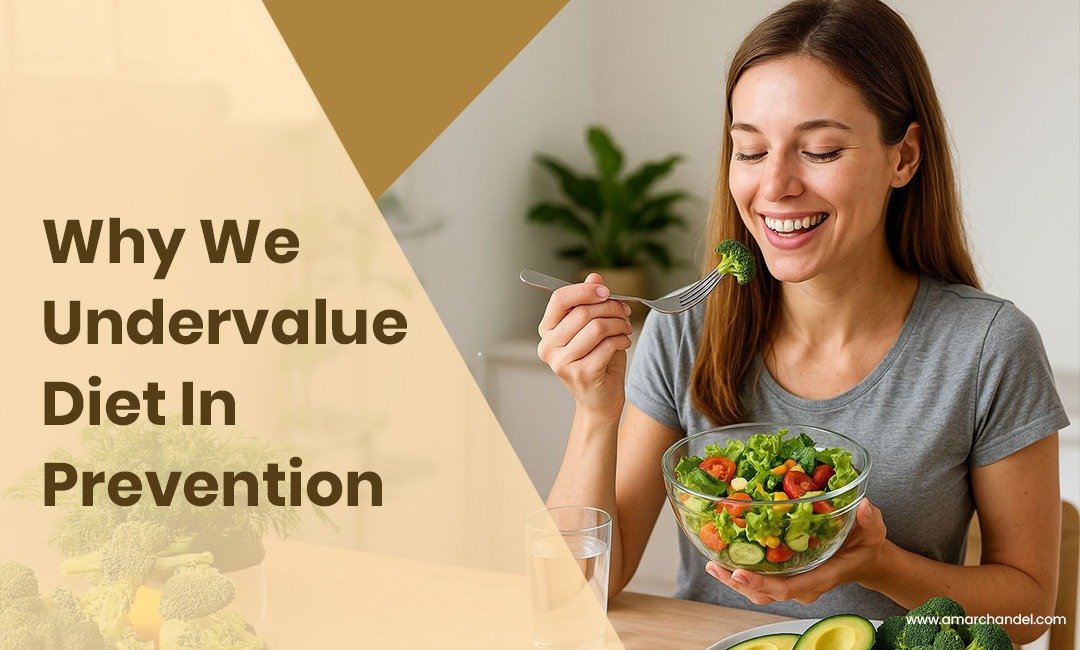People often overestimate pharmaceutical and procedural benefits while undervaluing diet and lifestyle changes. For instance, patients believe statins (like Lipitor) are nearly a hundred times more effective in preventing heart attacks than they truly are, often less than a 1–3% absolute benefit over 5 years. Similarly, colonoscopies, mammograms, or osteoporosis drugs (e.g., Fosamax) are frequently presumed far more impactful than they actually are.
Studies reveal most high-risk individuals have under a 5% absolute benefit from cholesterol, blood pressure, or blood-thinning medications over 5 years. When informed, many decline therapy. Yet patients often expect at least a 20% chance of benefit to justify daily medication use, even post-heart attack. This mismatch raises an ethical dilemma: doctors must balance telling the truth with the risk of reduced compliance.
Statins: Modest Absolute Benefits
The most potent statins yield about a 3.1% absolute risk reduction in cardiovascular events over six years. Meta-analyses show even smaller absolute reductions:
• ~1.3% for myocardial infarction
• ~0.8% for all-cause mortality
• ~0.4% for stroke over an average of 5 years
This contrasts with patients’ expectations, underscoring why medication acceptability drops when truly informed.
Whole-Food Plant-Based Diets: Far Greater Impact
New evidence highlights dietary interventions as both powerful and safer:
- Veterans’ Lifestyle Study
A 15-week whole-food, plant-based (WFPB) intervention among veterans (avg. age 69) showed:
• ↓ LDL by ~11 mg/dL
• ↓ systolic BP by 7.9 mmHg
• ↓ fasting glucose by 15 mg/dL
• ↓ HbA1c by 0.55%

- Randomised Trials in High-Risk Patients
A meta-analysis of 20 RCTs (average 25 weeks) found that vegetarian diets lowered in high-risk adults:
• LDL by 6.6 mg/dL
• HbA1c by 0.24%
• Bodyweight by 3.4 kg
- Large Cohort Studies
Adherence to a plant-based dietary pattern was linked with:
• 8–10% lower risk of cardiovascular events
• 14–30% lower cardiovascular mortality
- Vegetarian/Vegan RCTs on Lipids
A 30-study meta-analysis (Eur Heart J, 2023) reported:
• ↓ total cholesterol by 0.34 mmol/L
• ↓ LDL by 0.30 mmol/L
• ↓ apolipoprotein B by 14%
- Avoid Whole-Food Substitutes Only
Conversely, replacing ultra-processed meat or vegan substitutes with whole plant foods:
• ↓ 20% risk for CVD mortality
• ↑ 5% risk if high in ultra-processed foods
Head-to-Head: Diet vs Statin
• Statin Drugs: Absolute risk reduction ~1–3%; many patients overestimate benefits
• Whole-Diet Strategies: Absolute effects range 8–30% risk reduction—much greater and safer
The Takeaway for Doctors & Patients
• Inform patients honestly: most drug benefits are modest.
• Highlight whole food strategies:
• Veterans’ study: 7.9 mmHg BP drop in 15 weeks
• Meta-analysis: 10% lower CVD risk
• Emphasise risks of ultra-processed foods—even within plant-based labels

Conclusion
This is not an either/or choice—but a reality check: 97% of pills do nothing for most patients, while healthy whole-food, plant-forward diets can prevent, halt, and potentially reverse cardiovascular disease. With clear evidence and transparency, physicians can empower patients to pursue the safer, more effective route—rooted in nutrition and lifestyle.


Give a Reply